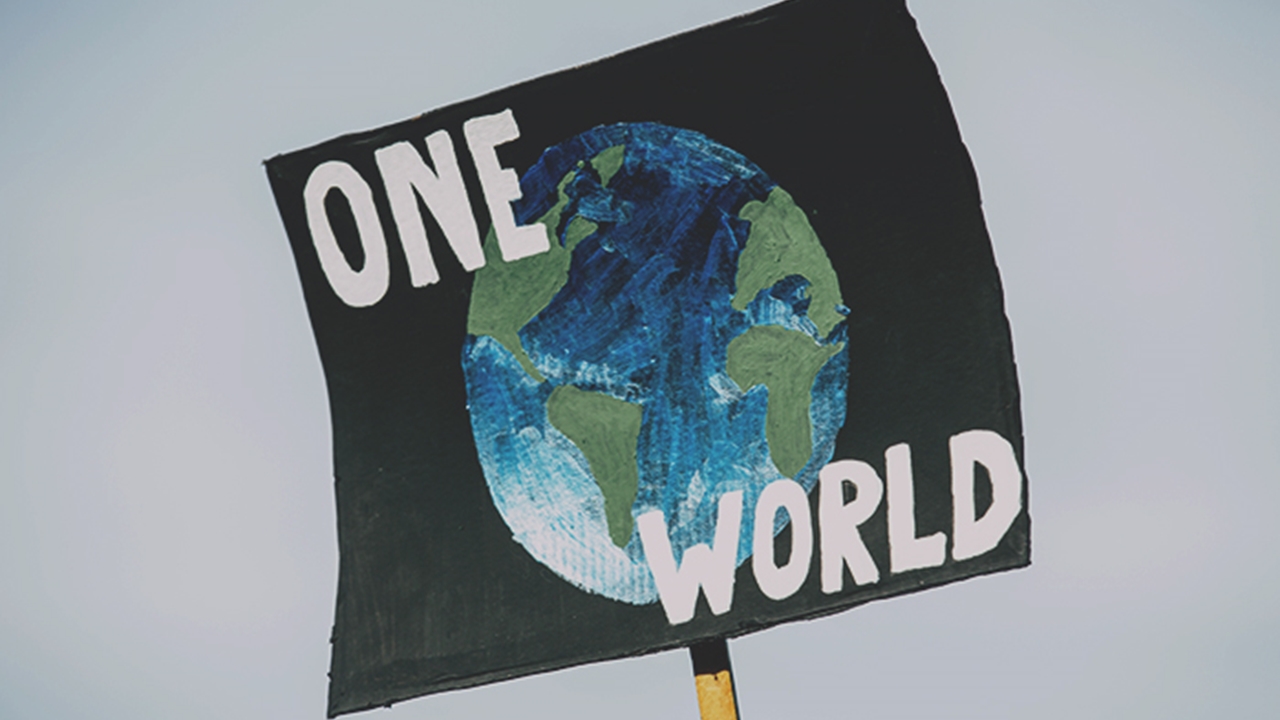The Covid statistics are back. Infection rates are rising in Europe and elsewhere. Hospitals are filling up with Covid patient. The international comparisons are once again in the news. How are the neighboring countries doing? How many new cases? How many deaths? What about the vaccination rates? Statistics are again a foothold in uncertain times.
But there is more than that, says the political thinker and former State Secretary, Bruno Maçães, in his thought-provoking new book “Geopolitics for the end time”. The book explores how Covid-19 has already transformed the global system, and how it serves as a prelude to a planet afflicted by climate change. Bruno Maçães sees the pandemic as the dawn of a new strategic era, heralding a profoundly changed world-political landscape. He sees an emerging international order in which technological competition and adaptation to an increasingly hostile natural environment will take precedence over direct conflict between states.
Before Covid, we could already see a new competition arising between alternative geopolitical models - but it wasn't clear what the background for this competition would be. If the clash took place within the existing global trade and financial system, the United States would feel confident of decisive victory. But what if it takes place on neutral ground? What if the greatest threat to national security is no longer other states, but the environment itself? Which countries will then rise to the top?
The book is one of the first to see the pandemic in history, and to anticipate the profound ways in which it has ushered in a new world-political landscape.
For some nations, the pandemic has been a test against the world. In 2020, America, Europe and China each reached the same conclusion: It is time to reduce strategic dependence. The United States speaks of 'supply-chain security', the European Union of 'strategic autonomy' and China will henceforth treat players in the domestic market differently from those operating internationally, under the name of 'dual circulation'.
The new world order revolves around technology and access to raw materials, energy and knowledge. This change has been going on for a while, but according to Maçães, covid-19 has done more than accelerate old trends. As a prelude to the climate crisis, the pandemic puts us on a different game. We realize again that international powers do not operate in an 'empty space', in which they only have to deal with each other. No. Their confrontations take place on that one earth, in a partly hostile environment: the ‘untamed nature’.
The little coronavirus that turned billions of lives upside down after a transition from animal to human in 2019 is a reminder of these forces of nature. Cyclones, wildfires and devastating rains do the same. The prefix 'geo-' from 'geopolitics' takes on a new meaning in the pandemic and climate crisis – not in terms of location and territory, but in connection with the earth. One Earth, a shared environment, but each country or power bloc must make the most of it with its own technology and strategies, almost like a multi-player video game. This has made the pandemic a test and great revealer of national qualities and weaknesses.
Like the pandemic, the climate crisis will not bring international cooperation and harmony, Maçães predicts. But political conflict does not only have drawbacks. Success in the climate race offers power and influence. Everyone's reputation is at stake. That motivates. The will to win has certainly brought as much technological innovation in human history as the desire to do good. It is perhaps one reason that China committed itself to climate neutrality by 2060 in autumn 2020. And the EU links the success of the Green Deal to its international credibility.
Technological imagination, the courage to take financial and industrial risks amid post-pandemic geopolitics are not luxury goods, but vital assets.
As countries begin to recover from the Coronavirus pandemic, there is a historic opportunity to tackle climate change at the same time: to deliver green recoveries across the globe that will bring jobs, trillions in investment and ground-breaking new technology.
At the time of this writing, the United Nations Climate Change Conference (COP 26) is taking place in Glasgow. It is the largest international event of its kind with more than 25,000 participants, including world leaders and top businesses. It aims to prevent global temperatures rising above 1.5C and protect our planet and people from the impacts of climate change. Scientist tell us that, to keep the temperature of the planet under control, we should be producing less carbon than the amount we take out of the atmosphere (i.e. “net zero”).
Despite the pandemic, the journey towards ‘net zero’ is already underway. Clean energy, like wind and solar, is now the cheapest source of electricity in most countries; many of the world’s car makers are shifting to make only electric and hybrid models; countries around the world are starting important work to protect and restore nature; cities, states and regions across the world are also committing to reduce emissions to zero. Around 70% of the world economy is now covered by ‘net zero’ targets.
The pathway to net zero emissions also involves protecting and restoring nature. We must change the way we look after our land and seas and how we grow our food in order to protect and restore the world's biodiversity.
COP26 should lead to actions to protect and restore forests and critical ecosystems, and champion the transition towards sustainable agriculture.
Experts have warned that time is running out to avoid climate catastrophe. Will the global climate conference spark real action? Whether future generations look back at this time with admiration or despair, depends entirely on the collective ability to seize this moment.
This article was originally published in Jornal de Negócios in 10.11.2021

